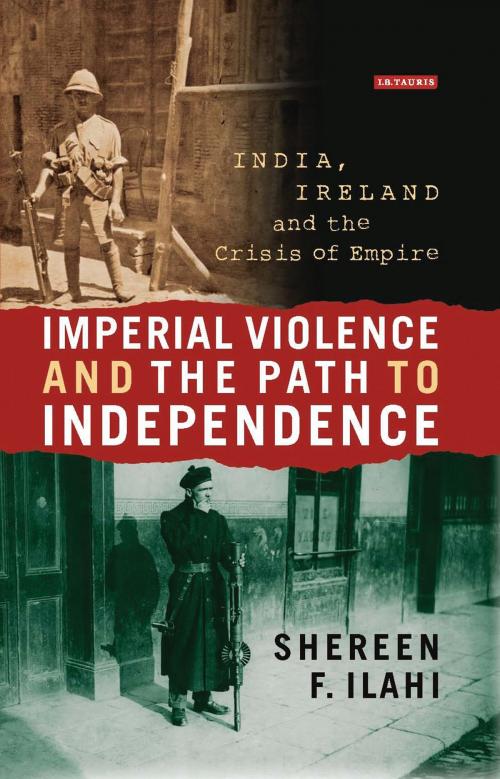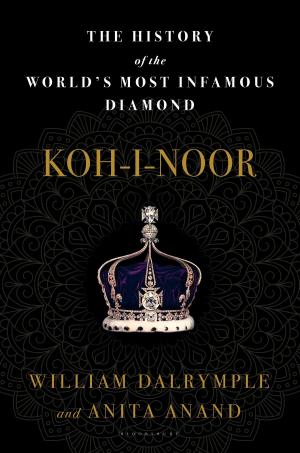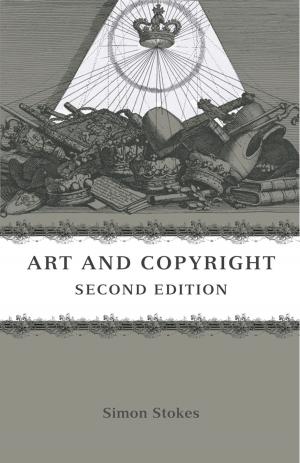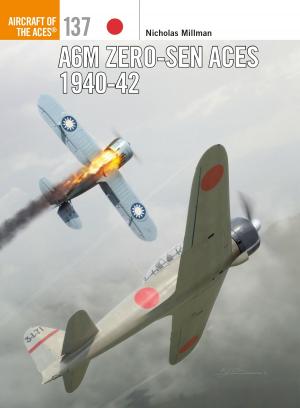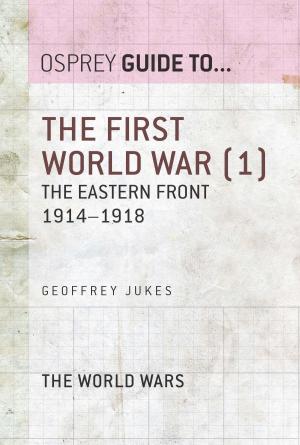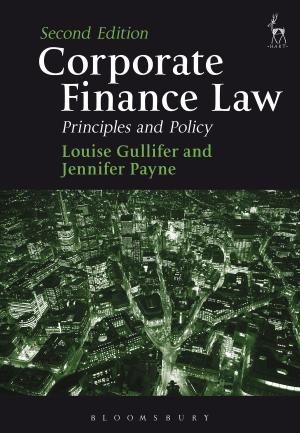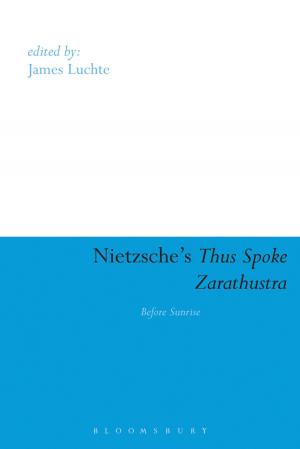Imperial Violence and the Path to Independence
India, Ireland and the Crisis of Empire
Nonfiction, History, Modern, 20th Century, Social & Cultural Studies, Political Science| Author: | Shereen Ilahi | ISBN: | 9780857729118 |
| Publisher: | Bloomsbury Publishing | Publication: | June 3, 2016 |
| Imprint: | I.B. Tauris | Language: | English |
| Author: | Shereen Ilahi |
| ISBN: | 9780857729118 |
| Publisher: | Bloomsbury Publishing |
| Publication: | June 3, 2016 |
| Imprint: | I.B. Tauris |
| Language: | English |
In the aftermath of World War I, the British Empire was hit by two different crises on opposite sides of the world – the Jallianwala Bagh, or Amritsar, Massacre in the Punjab and the Croke Park Massacre, the first 'Bloody Sunday', in Ireland. This book provides a study at the cutting edge of British imperial historiography, concentrating on British imperial violence and the concept of collective punishment. This was the 'crisis of empire' following the political and ideological watershed of World War I. The British Empire had reached its greatest geographical extent, appeared powerful, liberal, humane and broadly sympathetic to gradual progress to responsible self-government. Yet the empire was faced with existential threats to its survival with demands for decolonisation, especially in India and Ireland, growing anti-imperialism at home, virtual bankruptcy and domestic social and economic unrest. Providing an original and closely-researched analysis of imperial violence in the aftermath of World War I, this book will be essential reading for historians of empire, South Asia and Ireland.
In the aftermath of World War I, the British Empire was hit by two different crises on opposite sides of the world – the Jallianwala Bagh, or Amritsar, Massacre in the Punjab and the Croke Park Massacre, the first 'Bloody Sunday', in Ireland. This book provides a study at the cutting edge of British imperial historiography, concentrating on British imperial violence and the concept of collective punishment. This was the 'crisis of empire' following the political and ideological watershed of World War I. The British Empire had reached its greatest geographical extent, appeared powerful, liberal, humane and broadly sympathetic to gradual progress to responsible self-government. Yet the empire was faced with existential threats to its survival with demands for decolonisation, especially in India and Ireland, growing anti-imperialism at home, virtual bankruptcy and domestic social and economic unrest. Providing an original and closely-researched analysis of imperial violence in the aftermath of World War I, this book will be essential reading for historians of empire, South Asia and Ireland.
